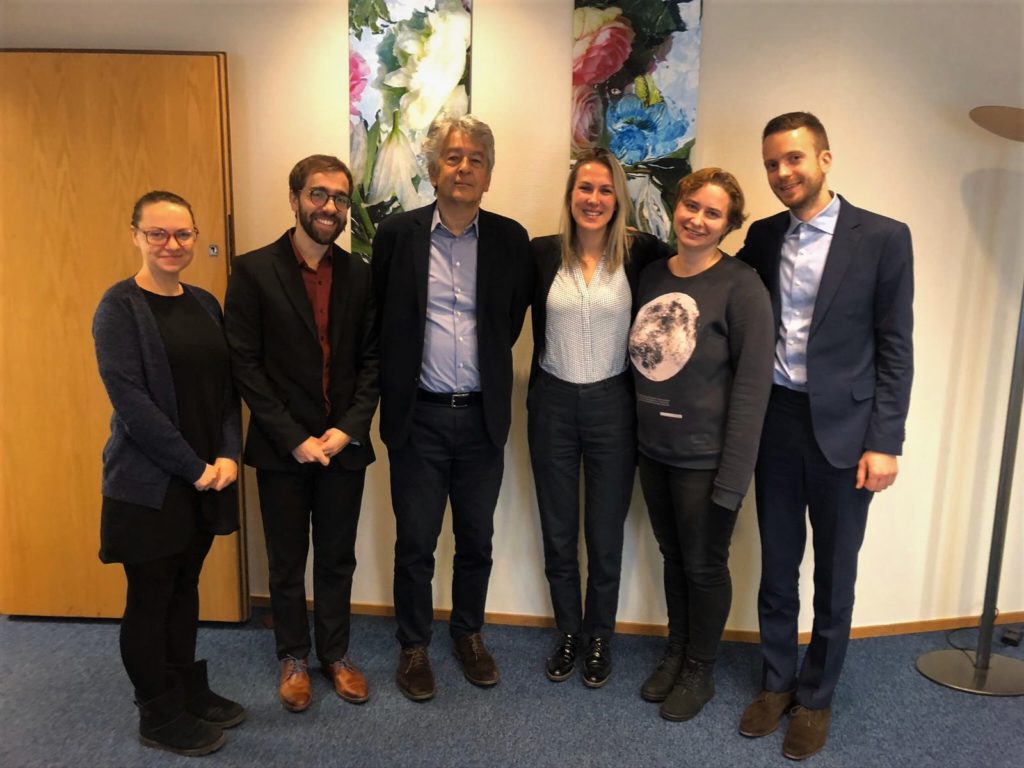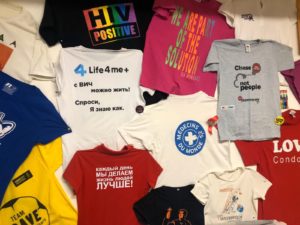 Despite significant struggles and risks to their lives, HIV activists in Russia work relentlessly to create a supportive environment and improve access to HIV and health services for key populations and adolescent girls and young women.
Despite significant struggles and risks to their lives, HIV activists in Russia work relentlessly to create a supportive environment and improve access to HIV and health services for key populations and adolescent girls and young women.
At a recent conference in Saint Petersburg on comprehensive rehabilitation and reintegration of people who use drugs, PITCH partner together with the Government of Saint Petersburg brought together representatives from both non-governmental and governmental organisations, medical institutions, and academia.
At the conference, they shared best practices and discussed prospects for addressing the pressing needs of people who use drugs in the Russian Federation. The conference provided great opportunities to connect with representatives of civil society organisations working on HIV/AIDS and learn first-hand from experts about the latest HIV/AIDS trends and programmes to tackle the epidemic in Saint Petersburg and Russia as a whole.
Leading by example
Linas Cepinskas (PITCH, Amsterdam): “On the ground, our partners have been doing exemplary work. Besides ongoing valuable contribution to different working groups and meetings with government authorities in Saint Petersburg, they keep on delivering excellent prevention and support services to the most affected key population groups”.
Significant policy work is being done by for instance a Russian network of women living with HIV and other sexually transmitted diseases. They are engaged in the analysis of different prevention programmes across Russia. By collecting best practices and approaches, for instance, they are trying to bring government’s attention to the needs of young key populations. One of the examples showed us was the community centre of a sex worker-led organisation. Sex workers can bring their children to a day care while testing for HIV, TB and/or syphilis. In addition, a psychologist and a social worker are available, if needed.
Committed partnership
PITCH is committed to supporting community-based organisations to uphold the rights of populations most affected by HIV and engage in effective advocacy in the Russian Federation. The recent visit to Saint Petersburg illustrates some positive and inspiring results and offers new insights into ongoing and future programmes to improve local access to HIV and health services for key populations in the Russian Federation.




